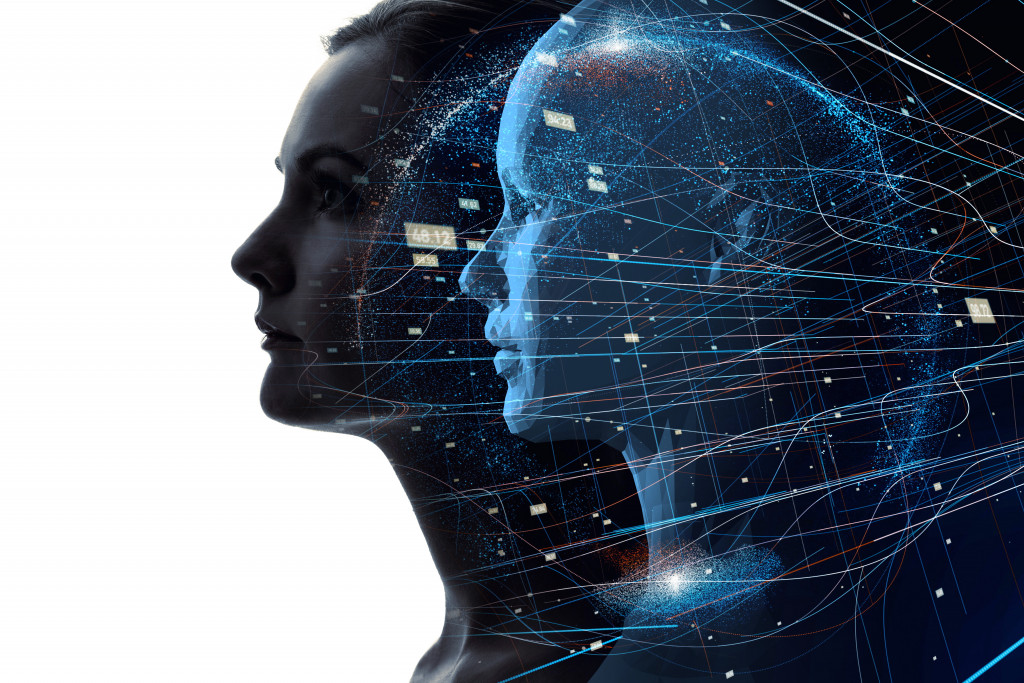It’s a creepy thought, but the U.S. government has the capability of watching your every move on the Internet. They can do it at any time. However, they cannot rightfully accuse you without getting the bigger picture, especially with the recent changes in the Patriot Act. This article will talk about how the U.S. government used to survey persons of interest and how this surveillance changed throughout the years.
The September 11 attacks, or 9/11, were one of the most devastating events in recent history, and many of the changes in the U.S. government have been felt until now. Of course, it’s a time that has long since passed, but many of us still remember, and because of such an event, Internet security became more essential than ever.
The Patriot Act
Months after 9/11, many lawmakers needed a way so that such an attack could never happen again. So they looked into how information is being shared in the modern world. They saw how modern technologies such as phones and the Internet could quickly become a platform for terrorists to communicate. This is why Congress drafted the Patriot Act, and in a matter of months, it became part of the law.
The Patriot Act aims to improve the way information is being shared between law enforcement and intelligence bureaus. This is an essential law that placed an iron grasp on the way many Americans communicate. But, unfortunately, it’s also a law that violated crucial rights in the constitution for the sake of a better and safe America.
What’s in the Patriot Act?
Essentially, the government is free to look into your internet history without needing a warrant if they labeled you as a person of interest. They can check the sites you’ve been in, people you’ve talked to for the last few days, and even a recorded history of your Internet searches. It’s a scary thought knowing that the government can do this anytime.
Many consider this a breach of the fourth amendment, but for the sake of the country’s security, such a law was needed so something like 9/11 could never happen again. But it wasn’t just the person that was affected by the Patriot Act. At some point, the entire Information Technology industry was affected too.
The Crackdown on Information Technology
The U.S. government was quite paranoid about the way technology works years after 9/11. As a result, they start to question businesses and their need for outsourced IT needs. As we all know, IT support plays a significant role in many of our businesses. We rely on such services for the daily operations of our business. However, back then, even this service was questioned by the U.S. government simply because most IT services are outsourced worldwide.
The government thought that it could easily be a platform where cyber-terrorists could infiltrate various government departments. But this wasn’t the case. Many international IT companies have their security measures so that such infiltration could never happen. Unfortunately, they were never willing to put up with such transgression, and the government saw this and eventually loosened their grasp on their crackdown on international IT services.
The Dark Web

Despite being looked at negatively, the Patriot act does have its usage in today’s modern society. For example, one of the most anonymous areas of the Internet is the dark web. It’s considered a part of the Internet where anyone could choose to become anything they want because of the anonymity it provides. Because of this, it’s a place where all sorts of criminal activities can happen.
About six years ago, the thought of utilizing social media accounts to check for dark web connections was done, and it helped in surveilling various persons of interest in the dark web. As a result, most of these criminals were put out into the light, and various law enforcement agencies could find and arrest them.
The dark web is a problematic place on the Internet, and it’s hard to survey. However, because of the Patriot Act, surveillance in dark web transactions has become a bit easier.
The Bottom Line
Most of the laws we have here in the U.S. protect us citizens, and the Patriot Act is one of those laws. Sure, we can’t deny that it breaches our right to be secure in our Internet identities, but there hasn’t been a real abuse of this power since then.
The Patriot Act is that you have to be a person of interest before law enforcement agencies even care to monitor you and to become such a person requires a lot of conscious effort from your side. The reality is that most people are safe from such surveillance, especially with recent changes to the law. It’s primarily a way to protect us from the evils of the world because we might never know. Our neighbors might be one of them.




